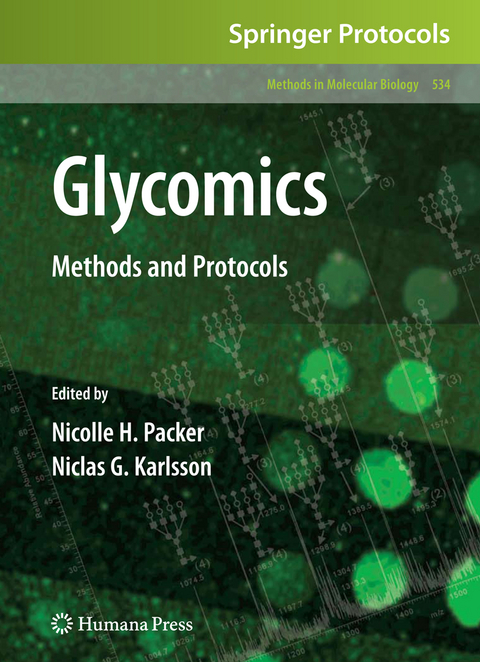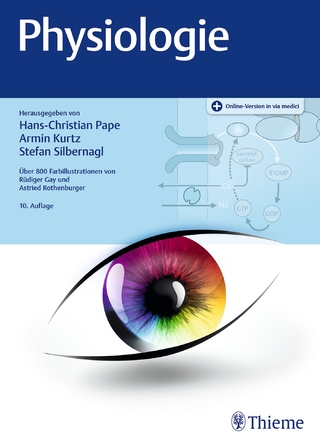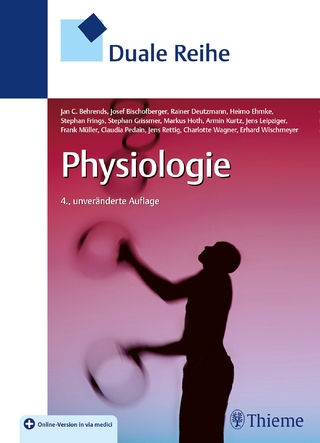
Glycomics
Humana Press Inc. (Verlag)
978-1-61737-769-3 (ISBN)
Due to the significant contributions of carbohydrates to the functional diversity of the cell, the challenging study of the glycome has expanded beyond the research of carbohydrate experts and into the wider scope of the life sciences. To aid all scientists now delving into this vital subject area, Glycomics: Methods and Protocols collects a compendium of detailed laboratory protocols reflecting the increasing availability of sample preparation, chromatographic, electrophoretic, mass spectrometric, and bioinformatic tools specifically designed for the analysis of glycosylation. Leading researchers in the field address subjects such as glycoprotein and proteoglycan analysis, glycosylation structure determination, as well as various approaches to investigate the interaction between glycans and a variety of carbohydrate-recognizing proteins in order to aid exploration into the functional significance of the oligosaccharides. Written in the highly successful Methods in Molecular Biology™ series format, the chapters include introductions to their respective topics, lists of the necessary materials and reagents, step-by-step, readily reproducible protocols, and notes on troubleshooting and avoiding known pitfalls.
Authoritative and cutting-edge, Glycomics: Methods and Protocols serves as a valuable guide for experimenters facing the challenges of glycan analysis in hope of providing further insights into the biology of cell-cell communication and interaction.
Glycan Analysis.- Analysis of N- and O-Linked Glycans from Glycoproteins Using MALDI-TOF Mass Spectrometry.- Infrared Multiphoton Dissociation Mass Spectrometry for Structural Elucidation of Oligosaccharides.- Mass Spectrometry of N-Linked Glycans.- Solid-Phase Permethylation for Glycomic Analysis.- Method for Investigation of Oligosaccharides Using Phenylhydrazine Derivatization.- Two-Dimensional HPLC Separation with Reverse-Phase-Nano-LC-MS/MS for the Characterization of Glycan Pools After Labeling with 2-Aminobenzamide.- Capillary Lectin-Affinity Electrophoresis for Glycan Analysis.- Analysis of Methylated O-Glycan Alditols by Reversed-Phase NanoLC Coupled CAD-ESI Mass Spectrometry.- High-Throughput and High-Sensitivity Nano-LC/MS and MS/MS for O-Glycan Profiling.- Collision-Induced Dissociation Tandem Mass Spectrometry for Structural Elucidation of Glycans.- The Structural Elucidation of Glycosaminoglycans.- Labelling Heparan Sulphate Saccharides with Chromophore, Fluorescence and Mass Tags for HPLC and MS Separations.- Small-Scale Enzymatic Digestion of Glycoproteins and Proteoglycans for Analysis of Oligosaccharides by LC-MS and FACE Gel Electrophoresis.- Glycopeptides.- Enrichment Strategies for Glycopeptides.- Introductory Glycosylation Analysis Using SDS-PAGE and Peptide Mass Fingerprinting.- Characterization of N-Linked Glycosylation on Recombinant Glycoproteins Produced in Pichia pastoris Using ESI-MS and MALDI-TOF.- N-Glycosylation Site Analysis of Human Platelet Proteins by Hydrazide Affinity Capturing and LC-MS/MS.- LC/MS n for Glycoprotein Analysis: N-Linked Glycosylation Analysis and Peptide Sequencing of Glycopeptides.- O-GlcNAcomics.- Detecting the “O-GlcNAcome”; Detection, Purification, and Analysis of O-GlcNAc Modified Proteins.-Glycobioinformatic Tools.- Preparation of a Glycan Library Using a Variety of Glycosyltrasferases.- Data Mining the PDB for Glyco-Related Data.- Carbohydrate-Protein Interactions.- Saccharide Microarrays for High-Throughput Interrogation of Glycan-Protein Binding Interactions.- Glycosaminoglycan Characterization Methodologies: Probing Biomolecular Interactions.- Development and Characterization of Antibodies to Carbohydrate Antigens.- Inhibition of Glycosyltransferase Activities as the Basis for Drug Development.- Saturation Transfer Difference NMR Spectroscopy as a Technique to Investigate Protein-Carbohydrate Interactions in Solution.
From the reviews:
“This book discusses methods of a comparatively new direction in science, which has been named glycomics. … The book consists two parts with 26 chapters prepared by well-known experts from many countries. … I confirm the book fulfills the goal and I consider this book as an excellent practical guide to glycomics methods. Each method is described in great detail, and the whole book is excellent manual for many researchers in biochemistry, molecular biology, immunochemistry, biotechnology, and medicine.” (G. Wiederschain, Biochemistry, Vol. 75 (4), 2010)
| Reihe/Serie | Methods in Molecular Biology ; 534 |
|---|---|
| Zusatzinfo | XIV, 390 p. |
| Verlagsort | Totowa, NJ |
| Sprache | englisch |
| Maße | 178 x 254 mm |
| Themenwelt | Studium ► 1. Studienabschnitt (Vorklinik) ► Physiologie |
| Naturwissenschaften ► Biologie ► Biochemie | |
| Naturwissenschaften ► Biologie ► Zellbiologie | |
| Naturwissenschaften ► Chemie ► Organische Chemie | |
| Schlagworte | Carbohydrate-Protein Interactions • Glycan analysis • Glycobioinformatic tools • Glycome • Glycopeptides • Glycoproteins • Glycoproteomics • Glycosylation |
| ISBN-10 | 1-61737-769-4 / 1617377694 |
| ISBN-13 | 978-1-61737-769-3 / 9781617377693 |
| Zustand | Neuware |
| Haben Sie eine Frage zum Produkt? |
aus dem Bereich


